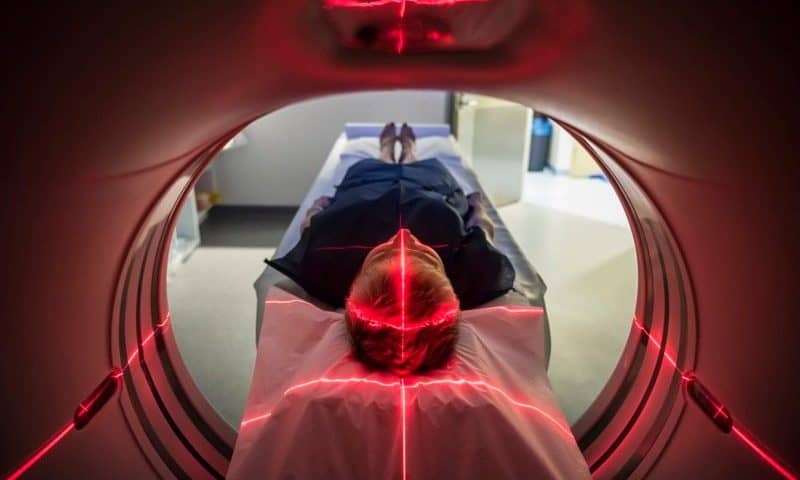After taking a backseat for years, sustainability is finally beginning to be seen as a core focus for the healthcare industry. In medtech, specifically, companies like Medtronic and BD have recently pledged to work toward net-zero carbon emissions and carbon neutrality in the coming decades.
Now, Siemens Healthineers is jumping on the carbon-neutral train. A new, two-pronged research partnership with the University of California, San Francisco (UCSF) will see the duo working together not only to develop more environmentally friendly alternatives to current radiology services but also to make those “greener” options more accessible to patients.
Siemens and UCSF’s approach aims to reach carbon neutrality by first reducing the amount of energy consumed during radiology procedures—which have required massive amounts of power to conduct each scan—then issuing renewable energy certificates to offset the remainder.
“Healthcare is estimated to be responsible for up to 5% of global net emissions, and imaging almost certainly contributes to an outsized share of that total,” said Christopher Hess, M.D., Ph.D., professor and chair of UCSF’s radiology and biomedical imaging department. “At the same time, imaging is becoming increasingly central to medical decision-making. Our goal is to find a way for radiology departments worldwide to reduce our environmental footprint.”
First on the docket is the development of what the partners claim will be the world’s first carbon-neutral radiology imaging service at UCSF. To get there, they’re planning to use Siemens’ tech to monitor the power consumption of UCSF’s existing radiology equipment and install new scanners from Siemens that are lighter, smaller and widely accessible to clinics of all types.
Their researchers will also look into ways to upgrade MRI scanners to reduce standby energy consumption and determine how Siemens tools could be used to make existing scanners more eco-friendly.
They may want to look for Hyperfine for inspiration: The Connecticut-based company has developed a fully portable MRI machine powered by a standard electrical wall outlet, and further cuts down on energy consumption by relying on permanent magnets and low-power radio waves to scan the heads of patients of all ages, at the cost of imaging intensity. The Swoop system was first cleared by the FDA in early 2020.
In addition to shrinking the carbon footprint of UCSF’s radiology service, the collaborators will combine their shared expertise in artificial intelligence to integrate Siemens’ next-generation imaging technologies into UCSF’s clinics.
Altogether, the partners said both prongs of their collaboration will ensure that more patients across UCSF’s Northern California service area have access to imaging that’s both environmentally friendly and highly technologically advanced.
“The current practice of radiology requires that patients travel to advanced imaging resources like MRI scanners; now we can bring imaging closer to our patients,“ Hess said. “Mid-field MRI scanners leveraging artificial intelligence will help to expand access to advanced imaging. They use less space, less power and less helium, offering an exciting opportunity to reduce radiology‘s impact on climate change.”

